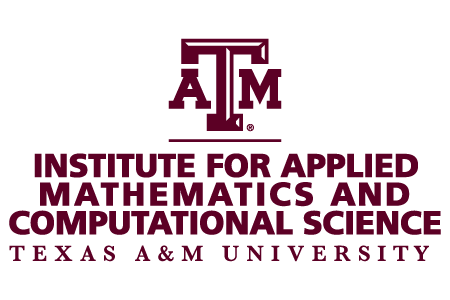Scalable, Incremental Learning with MapReduce Parallelization for Cell Detection in High-Resolution 3D
May 2, 2013
2:30 p.m.
Chul Sung
Abstract
Accurate estimation of neuronal count and distribution is central to the understanding of the organization and layout of cortical maps in the brain, and changes in the cell population induced by brain disorders. High-throughput 3D microscopy techniques such as Knife-Edge Scanning Microscopy (KESM) are enabling whole-brain survey of neuronal distributions. Data from such techniques pose serious challenges to quantitative analysis due to the massive, growing, and sparsely labeled nature of the data. In this talk, I will present a scalable, incremental learning algorithm for cell body detection that can address these issues. This algorithm is computationally efficient (linear mapping, non-iterative) and does not require retraining (unlike gradient-based approaches) or retention of old raw data (unlike instance-based learning). We tested our algorithm on our rat brain Nissl data set, showing superior performance compared to an artificial neural network-based benchmark, and also demonstrated robust performance in a scenario where the data set is rapidly growing in size. This algorithm is also highly parallelizable due to its incremental nature, and we demonstrated this empirically using a MapReduce-based implementation of the algorithm. I expect our scalable, incremental learning approach to be widely applicable to medical imaging domains where there is a constant flux of new data.

